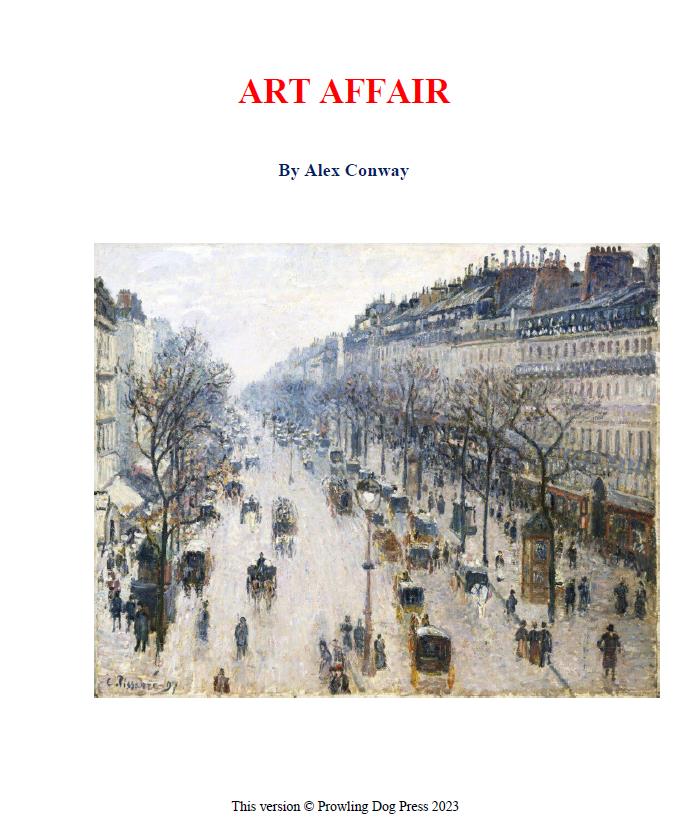PROWLING DOG PRESS: OCTOBER 2023
This month PD has been focusing on anthologies. Reading these is like reading bite-sized stories and you can leave the book and come back to it later on without needing to remember where you left off, as each story is self-contained, although the stories in a book commonly follow a theme.
Anthologies have a long and rich history, with some of the earliest examples dating back to ancient Greece and Rome. One of the earliest known anthologies is the Greek Anthology, a collection of more than 4,000 poems spanning over one thousand years. The Greek Anthology includes works from famous poets like Sappho and Pindar, as well as lesser-known authors.
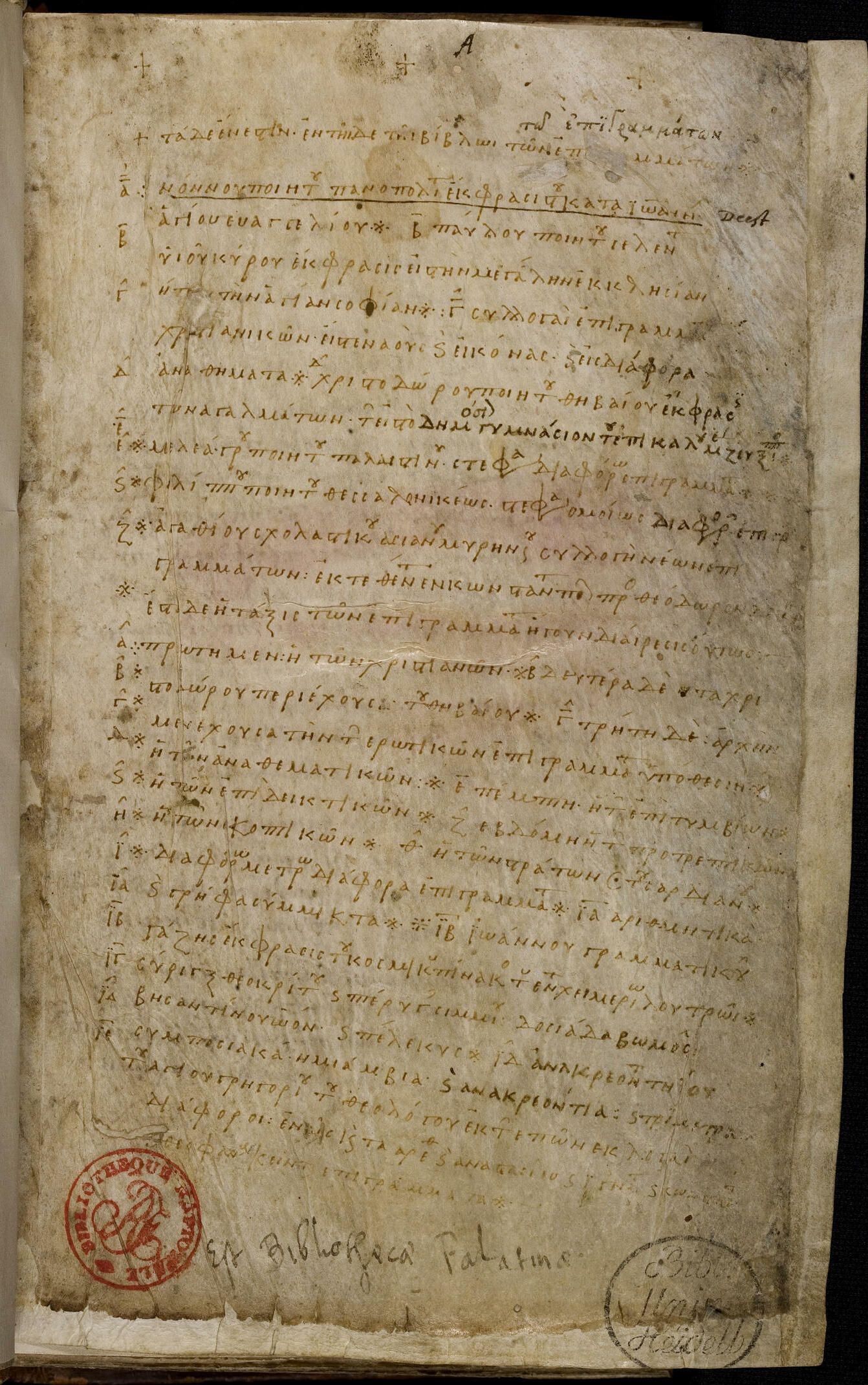
[Image: Anthologia Palatina, main part of The Greek Anthology. Scan by the Gesellschaft der Freunde Universität Heidelberg e. V.]
In the medieval period, anthologies continued to be a popular way to compile and share literature. The Dolopathos, a 12th-century Latin collection of fables, and Gesta Romanorum, a collection of moral stories and anecdotes, are examples of medieval anthologies.
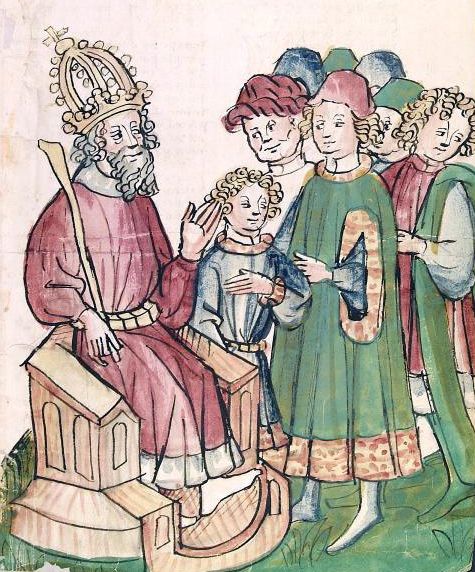
[Image: Emperor Pontianus, his son Diocletian and the seven wise masters (Cod pal. germ 149 at Heidelberg)]
The modern anthology, as we know it today, began to take shape in the 18th and 19th centuries. During this time, anthologies focused on specific subjects, genres, or national literatures became more common, such as Lyrical Ballads by William Wordsworth and Samuel Taylor Coleridge, which helped launch the Romantic poetry movement in England.
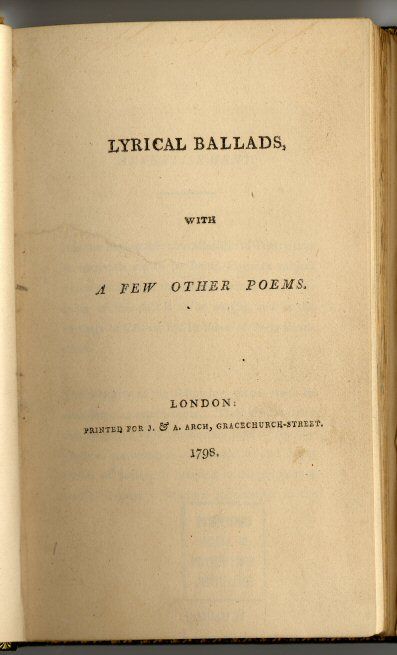
There are several benefits to reading and creating anthologies, including:
- Exposure to a Variety of Authors and Styles: Anthologies offer readers the opportunity to explore multiple authors' works within a single volume, often showcasing a wide range of styles and genres.
- Discovering New Favorites: By reading anthologies, readers can discover new authors and works that they might not have encountered otherwise.
- Developing Critical Thinking Skills: Analyzing the various works within an anthology can help readers develop their critical thinking skills, as they compare and contrast the different styles, themes, and techniques used by the authors.
- Creating a Personal Collection: For those interested in creating their own anthology, the process can be a rewarding way to curate a personal collection of favorite works or to introduce others to lesser-known authors and texts.
- Educational tools: Introducing readers to a wide variety of authors and subjects. For example, an anthology of world literature can expose readers to works from different cultures, time periods, and genres, broadening their understanding of the literary world.
- Preservation and celebration: the contributions of authors particularly those who may have been overlooked or underappreciated during their time. This can help ensure that their works continue to be read and appreciated by future generations.
- Inspiring and influencing other writers: Showcasing the works of various authors: anthologies can , as they study and absorb the techniques, styles, and themes of those who came before them. This can lead to the development of new ideas and the evolution of literary trends.
So, what are some of the anthologies that PD has been delving into? These include "The Mighty Sons of Hercules", a collection of ancient adventures with heroes and the supernatural, and of course there is always the beautiful girl that the hero falls in love with.

"The Pickman Papers", collected and edited by Robert Poyton. Set in an 1800s English Club in which the members share their incredible encounters with the weird and supernatural.
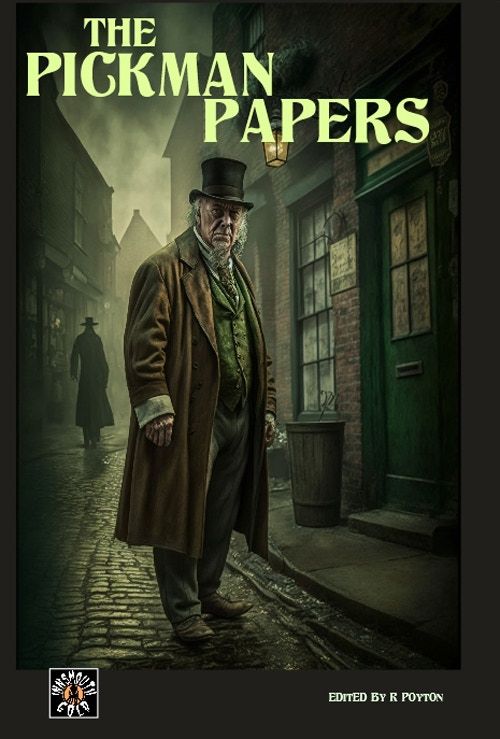
"The Librarian", a sci-fi collection of stories in which The Librarian travels the universe righting wrongs. This one had so many contirbutors that an overflow volume had to be added.

HAPPY READING!
PD
NEW BOOK NOW AVAILABLE AT PD PRESS!
